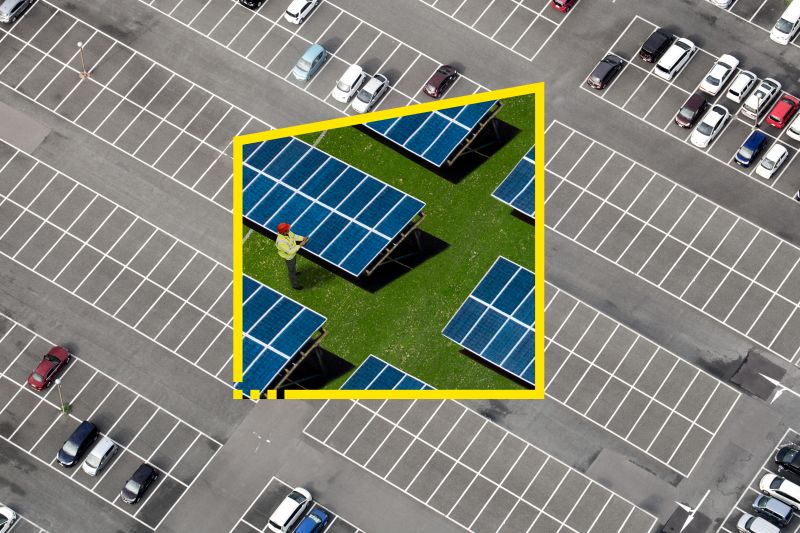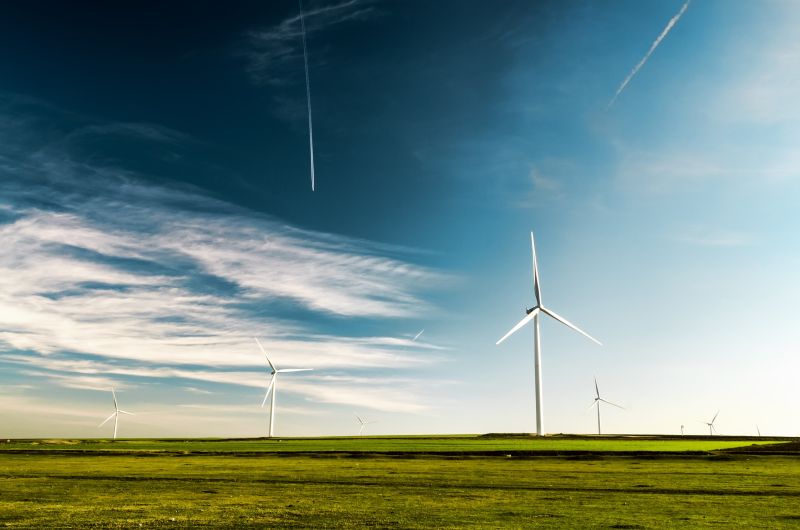
It is a wrap for Girls with Hi-Vis® 2021 but the legacy of this year’s campaign, the most successful in its 10-year history, could bring more diversity to the energy industry and be part of the solution to persistent skills gaps in the workforce.
GWHV is an initiative founded and run by Connexis, the infrastructure Industry Training Organisation. It gives female high school students the opportunity to visit an infrastructure company, get hands-on experience, and hear from inspirational women in the industry.










